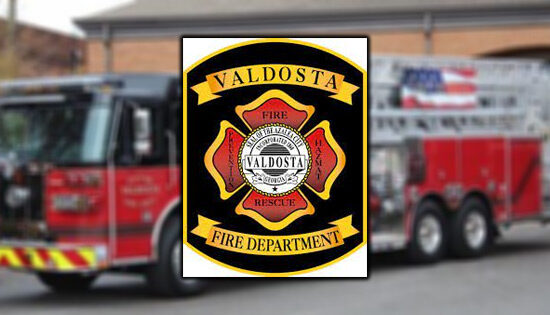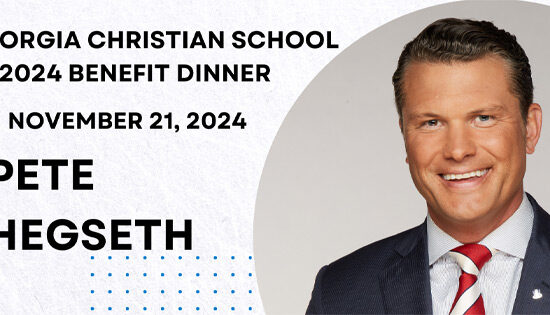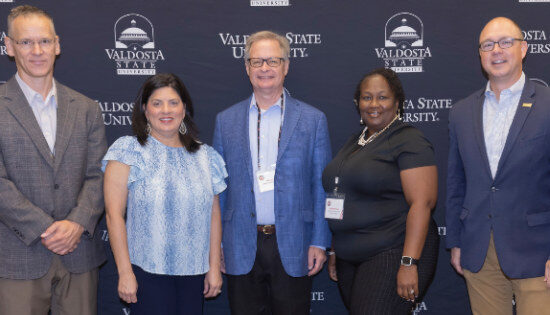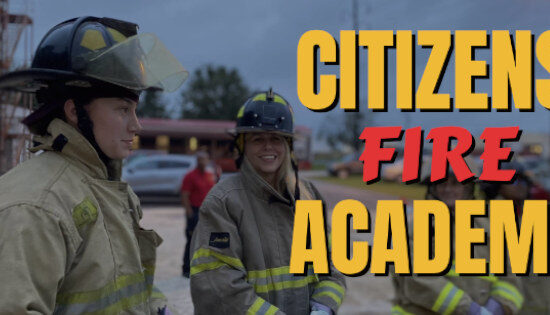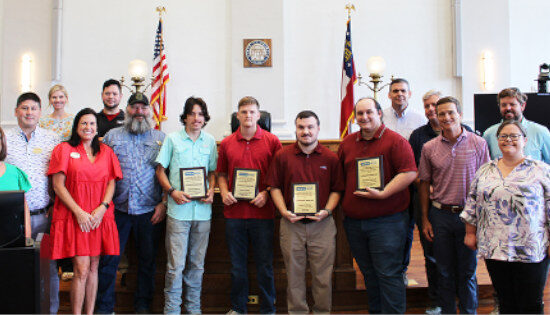Release:
After years of trying to get FERC to pay attention to an economic, health, and safety issue, Suwannee Riverkeeper for WWALS Watershed Coalition, Inc. has asked FERC to make a rule requiring inland LNG export facilities at least to ask FERC whether it has oversight.
Because the Federal Energy Regulatory Commission (FERC) half a decade ago disclaimed oversight of export facilities for explosive compressed Liquid Natural Gas (LNG) unless ships loaded right there for overseas shipping, such facilities are lacking FERC’s environmental, construction, and safety oversight, causing risk of “loss of life and significant environmental and economic consequences,” according to FERC’s own strategic plan. Residents of densely populated neighborhoods where inland LNG export plants are being sited, constructed, and operated are in harm’s way. FERC has relegated the responsibility to citizens to police potential threats to public health, safety and welfare posed by these high-risk LNG operations. There are no official Dockets that provide the public an opportunity to participate in any approval process.
Even a competing inland LNG company complained of economic issues: “During its pendency, the Commission has determined that certain LNG projects are outside its jurisdiction, permitting those projects to compete free from the FERC regulatory burdens that FGS and other FERC-regulated projects bear in what has become an active, urgent and highly competitive small-scale LNG market.”
WWALS views the FERC regulatory burdens as public goods of construction, environmental, and safety review, but the point remains that competition has been warped by FERC’s inland LNG export decisions.
“We filed this Petition under the same Federal law as three cases back in 2013-2015 when FERC abdicated oversight of inland LNG export operations,” said WWALS member Cecile Scofield, who opposed an ill-conceived huge 8 billion cubic feet (Bcf) per year LNG import terminal in Massachusetts in early 2000. She also noted that, “A Rulemaking is needed to determine FERC jurisdiction before a developer spends millions of dollars constructing an inland export facility only to have it shut down by FERC after it begins operation.”
“Last March, FERC found an LNG operation in Puerto Rico is under FERC jurisdiction, and ordered its owner to show cause why not,” said Suwannee Riverkeeper John S. Quarterman.
Scofield noted that, “In that March Order, FERC Chair Richard Glick wrote, referring to a 2014 FERC decision that we and many others think did not follow the law, ‘We should revisit Shell to ensure that we are carrying out our statutory responsibilities under the letter of the law.’”
Quarterman summed up, “Ideally, the Commission should, as Chairman Glick suggested, ‘revisit’ Shell, and revoke all three of those bad 2013-2015 decisions. Otherwise, the rulemaking we propose seems like the least FERC can do to make amends for substituting its policy judgment for that of Congress and creating a regulatory gap with adverse effects on competition, health, and safety.”
Most of the seven-page WWALS letter sets forth the case. The actual WWALS request is simple:
“We respectfully request that the Federal Energy Regulatory Commission issue a formal Rulemaking mandating developers of proposed small-scale inland Liquid Natural Gas (LNG) export facilities file Petitions for Declaratory Order with the Commission in order for FERC to determine federal jurisdiction before a developer proceeds with a project….”
For the entire petition, see:


